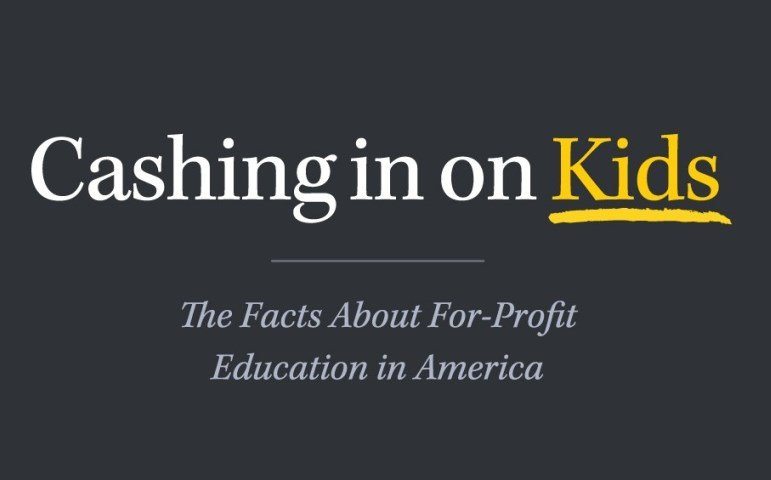

Here’s In the Public Interest’s pick of recent news in for-profit education. Not a subscriber? Sign up. For more from Cashing in on Kids, visit our website.


If legendary labor activist Joe Hill were alive today — and some contend that he is — he would have plenty to say about the state of the American worker. And the country, if it listened, would have plenty to learn.
Hill, who was executed in Utah 100 years ago this month, was an unapologetically radical union organizer whose rough-hewn songs and poems matched the brutal working conditions endured by tens of millions of Americans in the early 20th century. While his lyrics might at first sound anachronistic to contemporary audiences, their underlying spirit speaks directly to the experiences of far too many in our often unforgiving 21st century economy.
“Would you have freedom from wage slavery… Would you from mis’ry and hunger be free,” from Hill’s 1913 anthem “There Is Power in a Union,” could easily have been inspired by the thousands of truck drivers who haul goods to and from the nation’s largest port in Los Angeles.
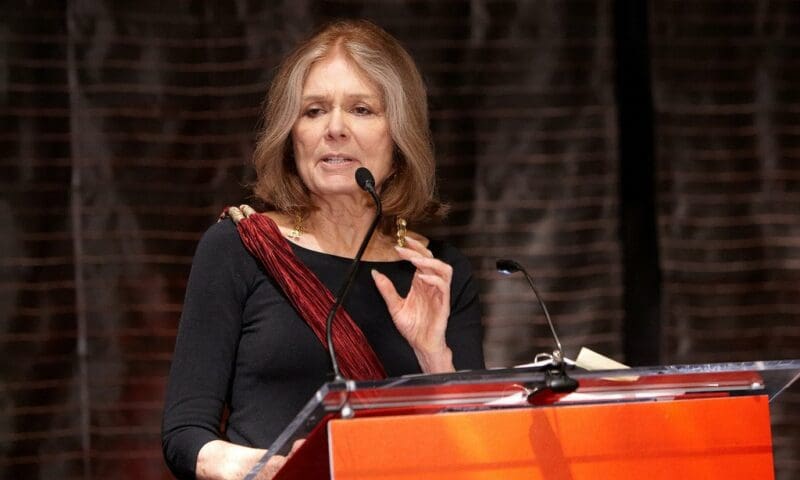

The most wonderful thing about hearing Gloria Steinem speak recently at the Getty House was meeting the two high school students sitting in front of me. These young Latinas had just formed a feminism club at Montebello High, and its first meeting was a big success. The goal of the club, they told me, is to “explore what feminism means to other students and to educate ourselves.” The two were here to get a boost of ideas and inspiration from Steinem — and were they excited.
Over 100 high school students, overwhelmingly female and from a wide diversity of backgrounds, came to hear Steinem and to submit questions to which she responded. It felt like Feminism 101 and seemed to be exactly what the young women came for.
Amy Wakeland, who prefers to be identified as the First Lady of Los Angeles, and her husband, Mayor Eric Garcetti,
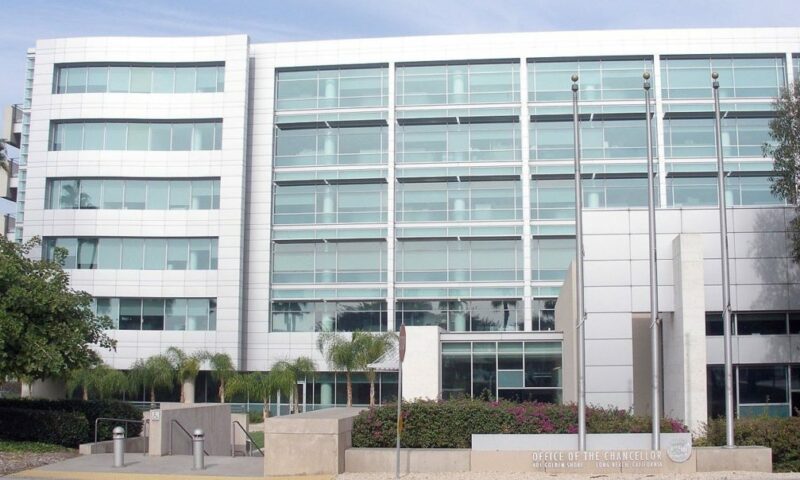

Faculty and students from the 23 campuses of the California State University (CSU) system will demonstrate today over a contract fight that they say is critical to the future of higher education in the Golden State. The actions will be highlighted by a march through downtown Long Beach, ending at the state chancellor’s office, where the CSU Board of Trustees is to meet.
The long-running conflict intensified last week, as the California Faculty Association (CFA) announced that 94 percent of its members who voted agreed to authorize a strike. Faculty have been frustrated by what they say is under-investment in teaching: stagnant wages and the CSU’s move towards cheaper part-time teachers rather than tenure-line faculty, while at the same time hiring and giving raises to non-academic supervisors and top management. Student fees increased multiple times over that period. The result, say CFA members, is that students face a tougher path to graduation,
» Read more about: Why California's State University Faculty Might Hit the Bricks »
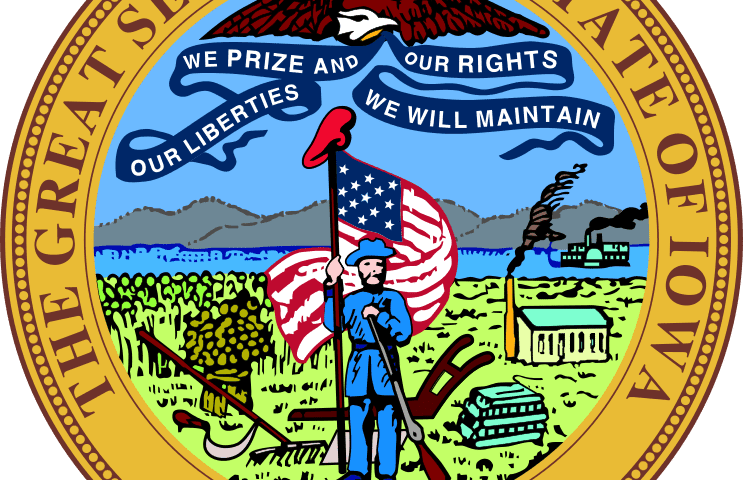

As America’s heartland prepares for another frigid winter, low-income families in Iowa are also bracing for a significant change. That’s because private companies are scheduled to take over management of the state’s Medicaid program the first of the New Year, a shift Iowa’s governor is calling “modernization.”
Governor Terry Branstad says that concerned Iowans “should not be afraid of change,” but private management could make it harder for almost 600,000 people—about 22 percent of the state’s population—to get the health care they need.
The Des Moines Register says the current state-run program “spends less per person than the majority of other states, while still providing comprehensive coverage.” Why jeopardize that? A chaotic transition, diminished services or reduced coverage could threaten low-income families and people with disabilities.
But Iowans still have a say. The federal government has to sign off on the transition,
» Read more about: Iowa to Hand Over Medicaid to Private Companies »

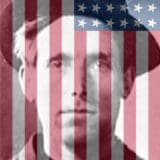
November 19 marks the 100-year anniversary of Joe Hill’s execution by a Utah firing squad for a sensationalized Salt Lake City double homicide. Hill, a 36-year-old Swedish immigrant, was an itinerant laborer and union organizer for the Wobblies – the Industrial Workers of the World (IWW). Today most historians view Hill’s arrest as a police frame-up and consider his trial and execution as, at the least, a politically motivated miscarriage of justice, if not outright judicial murder.
Hill’s mythic stature continues to serve as the soul of the struggle for workers’ rights and economic equality, and interest in his life shows no sign of abating — a phenomenon that is reflected in the ongoing yearlong series of exhibits, book events and concerts commemorating his death.
Joe Hill, of course, was no ordinary organizer but also a poet and balladeer whose knack for taking a well-known hymn or folksong,
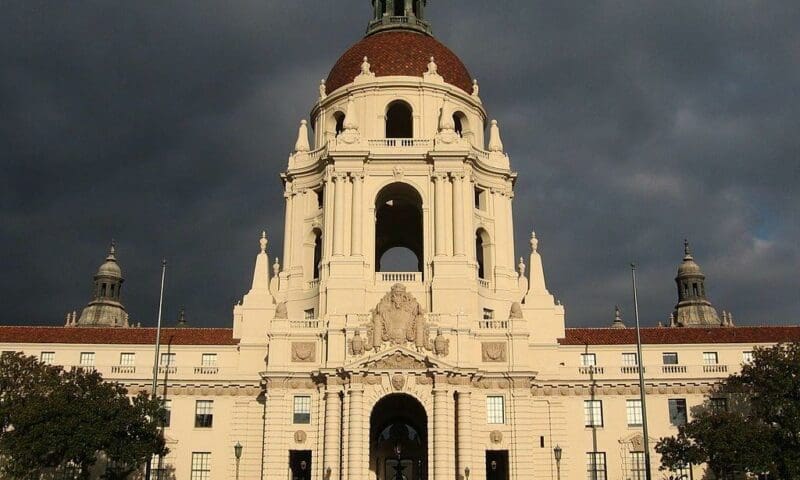

If you would like to help lift thousands of Pasadena families out of poverty, please join us on Saturday as we march to urge Pasadena’s mayor and city council to adopt a $15/hour minimum wage (gradually by 2020), then adjust it annually for inflation — similar to the law that the City of Los Angeles and L.A. County (for unincorporated areas) adopted in June.
What:
March from Pasadena Community Jobs Center to Central Park and rally to raise the wage and abolish wage theft.
When:
Saturday November 14, 9 a.m.
Where:
Begin at Pasadena Community Jobs Center, 500 N. Lake Avenue, Pasadena
(Click on event flyer)
Since L.A. adopted its minimum wage law, a number of other cities in L.A. County (including Long Beach, Santa Monica, West Hollywood, Glendale and others) are considering doing the same.
» Read more about: Saturday Rally Targets Pasadena Minimum Wage »
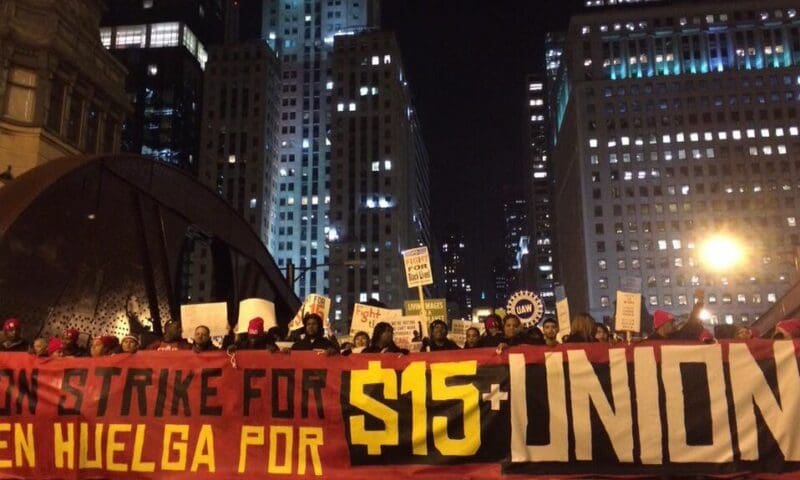
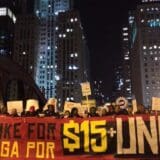
Last night’s Republican debate got underway following a day of national demonstrations in favor of raising the American minimum wage to $15 an hour — a day of protest accompanied by nothing-to-lose strikes by fast-food workers. The debate began with a question about raising the minimum wage. The first candidate to speak said America’s wages were, in fact, “too high” and that the current federal minim wage of $7.25 has to stay where it is.
The second presidential hopeful argued that the reason there are high unemployment rates among young African Americans is “because of those high wages.” The next candidate followed by calling the minimum wage “a disaster” for the 20th century and predicted catastrophe for the 21st should the day come when higher wages “make people more expensive than a machine.”
For a moment it looked as though the debate would become a contest to see which candidates would lower the minimum wage the most.
» Read more about: Not Debatable: Minimum Wage Movement Gains Ground »


Paul Duncan, a battalion chief with California’s state firefighting agency, was at home in Northern California enjoying a day off on September 12 when he got the message: A wildfire was burning on Cobb Mountain, about a dozen miles away from Hidden Valley Lake, where he lived with his wife and two daughters.
Duncan, 46, decided to leave and help knock down the blaze because he knew the fire unit in the area was already short-staffed from putting out on another conflagration. Besides, his nearly 30 years of experience persuaded him there was no way a fire burning on a mountain to the west could burn down to the valley floor and then race eastward to threaten the Duncans’ home.
His optimism was short lived. Upon arriving on Cobb Mountain Duncan got some troubling news. The fire he was fighting was heading toward his family.
» Read more about: Paradise Burned: How Climate Change Is Scorching California »
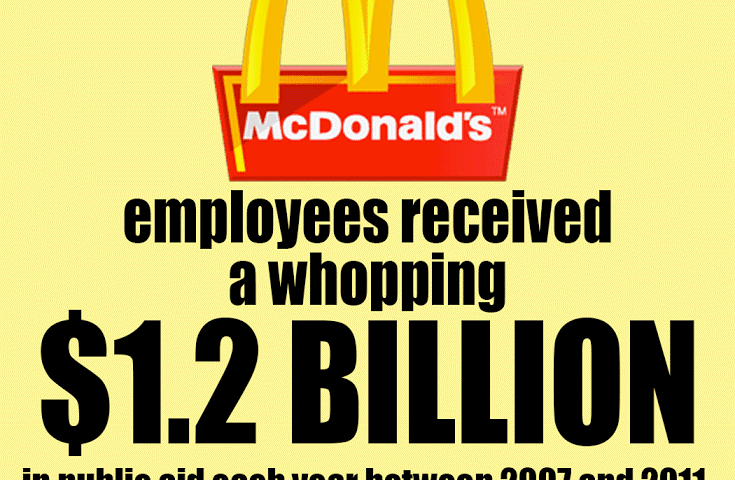
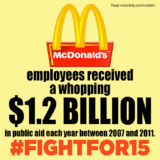
On Tuesday, November 10, Los Angeles and Long Beach will join the National Day of Action built around #FightFor15. Its message, which has been spreading since last April’s Tax Day demonstrations, will be announced loud and clear in 270 cities: Fast-food and other low-income workers in America deserve a break today – a national $15 hourly wage and the ability to organize into unions.
That is why fast-food workers will be walking off their jobs in a nationwide strike tomorrow. To learn what other actions are taking place across California, please check out Fight For 15’s website and its Facebook page.
In case you may think that comparatively few workers actually earn the minimum wage or would directly benefit from the proposed wage boost, consider this: According to a study from the National Employment Law Project, 42 percent of Americans earn less than $15 an hour.
» Read more about: Fight for $15: A Big Movement Gets Bigger Tuesday »